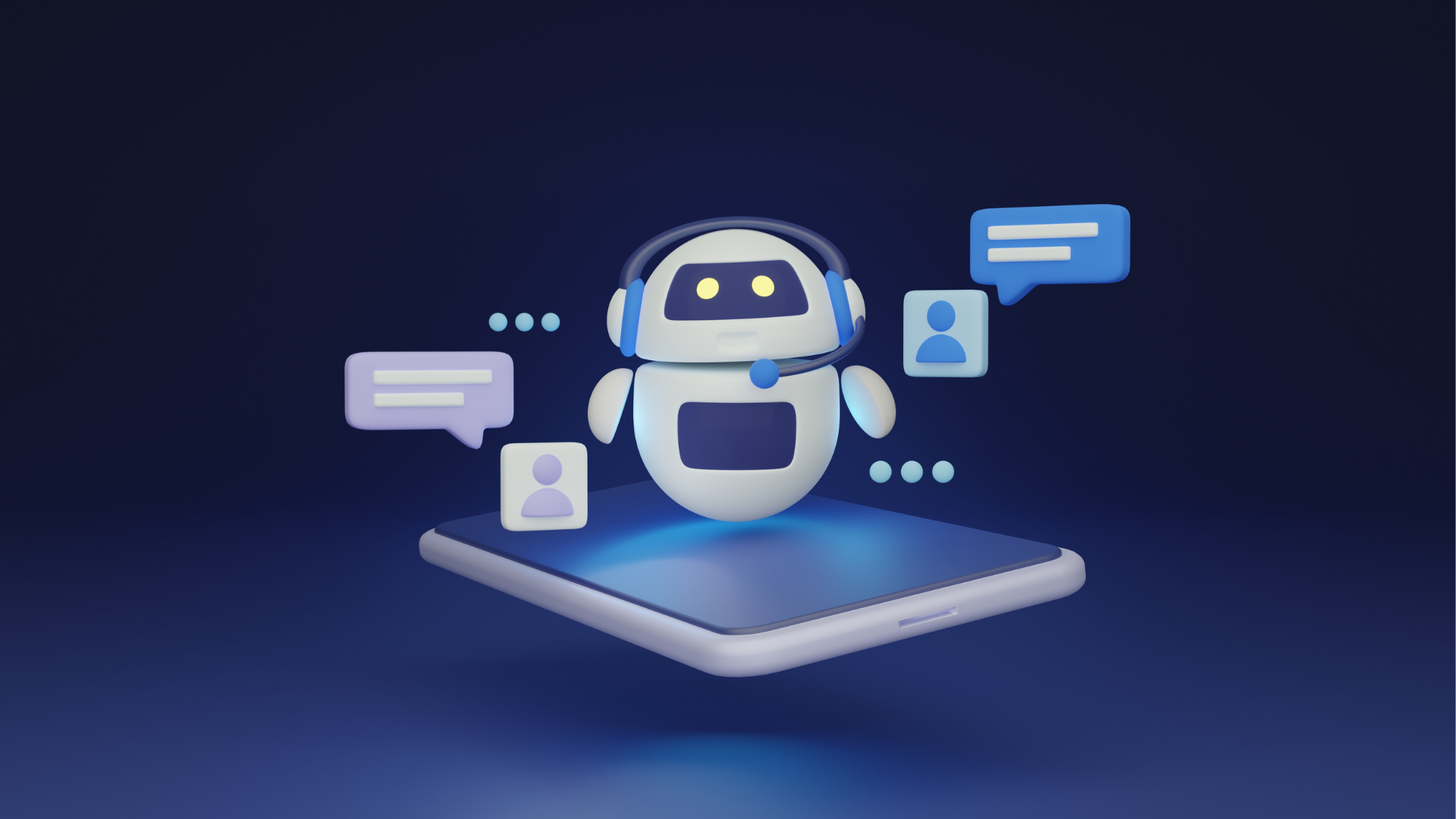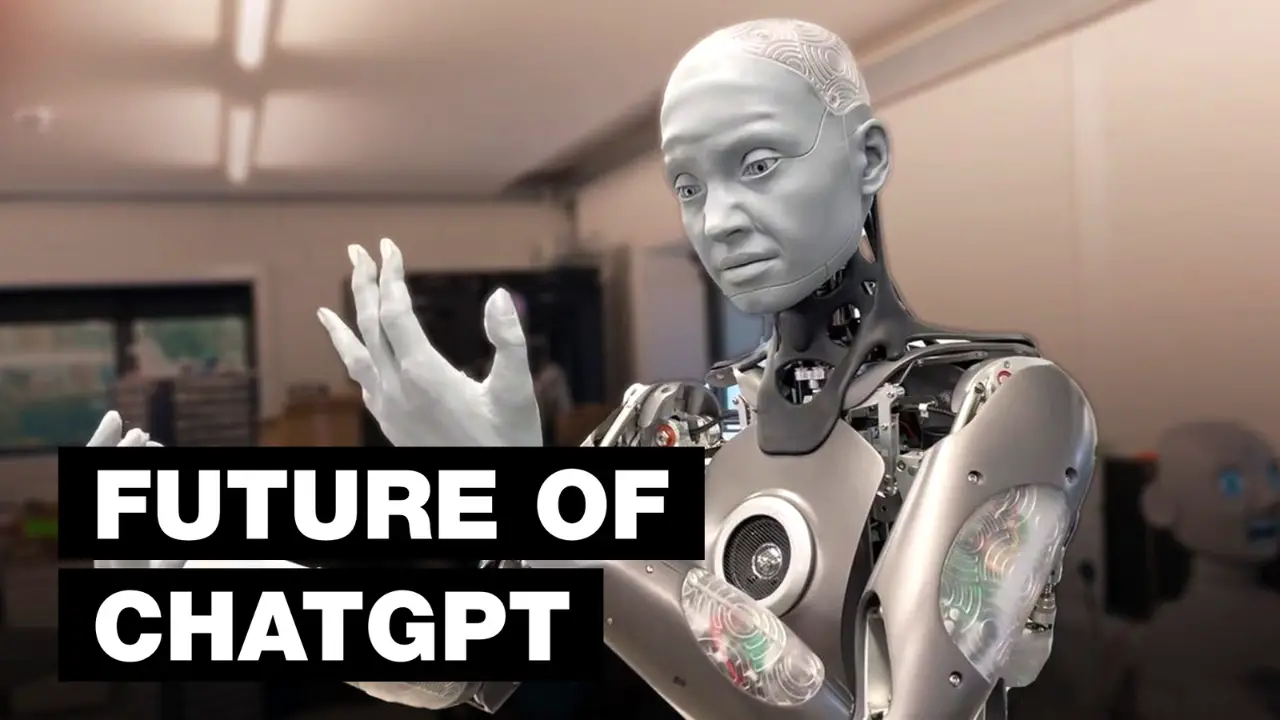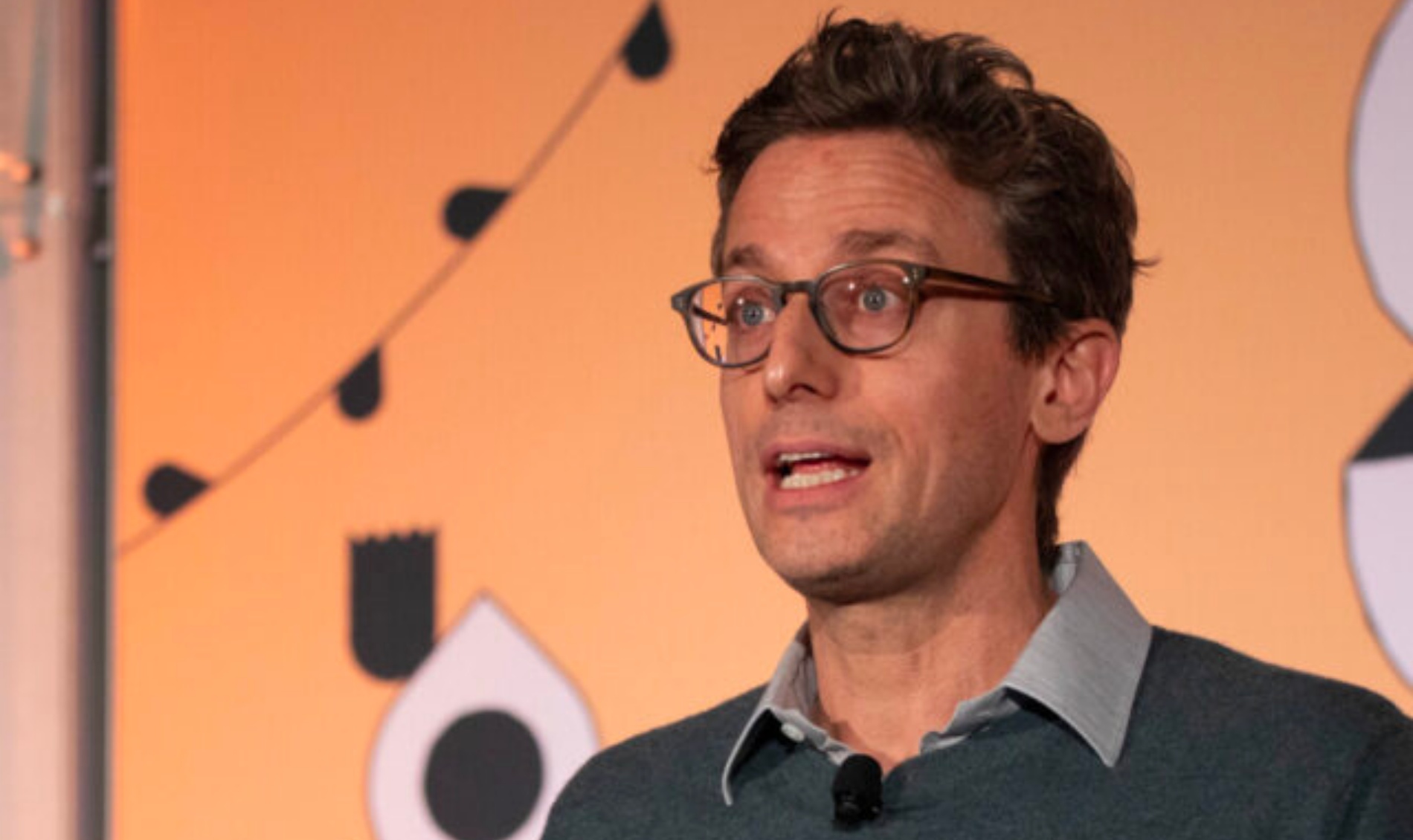ChatGPT and the Future of Books: AI-Authored Literature

ChatGPT, an advanced language model developed by OpenAI, is transforming the literary landscape with its ability to generate human-like text. This technology is sparking both excitement and trepidation as it raises questions about the future of books and the role of AI in storytelling.

One potential impact of ChatGPT is the emergence of AI-authored literature. The model’s ability to analyze vast amounts of data, understand natural language patterns, and produce coherent prose could lead to the creation of compelling stories and novels that rival human-written works. This may disrupt the traditional publishing industry, with AI-generated books potentially becoming a significant market force.

Moreover, ChatGPT enhances the creative process for human authors. It can provide inspiration, generate ideas, and edit or translate texts, enabling writers to overcome writer’s block and produce high-quality content more efficiently. This collaborative approach could revolutionize the way books are written and published.
However, concerns arise regarding the authenticity and originality of AI-generated literature. Critics argue that while ChatGPT can produce impressive text, it lacks the emotional depth and personal experiences that characterize human writing. They emphasize the value of human creativity and imagination in storytelling and warn against a future where books are solely the products of algorithms.
Additionally, the ethical implications of AI-authored literature come into play. If AI can create compelling stories indistinguishable from human writing, questions arise about authorship, copyright, and accountability. Determining the proper role of AI in literature will require careful consideration and debate.
Despite the uncertainties, ChatGPT presents exciting opportunities for the evolution of books and storytelling. It has the potential to democratize the writing process, making it more accessible to a wider range of voices and perspectives. By embracing the potential of AI while preserving the essential elements of human creativity, we can envision a future where both AI and human authors contribute to the vibrant and diverse literary landscape.## Chatgpt And The Future Of Books: Ai-authored Literature
Executive Summary
The advent of ChatGPT and other advanced language models has sparked a heated debate about the future of books and the role of AI in literature. While some fear that AI-authored literature will replace human authors and stifle creativity, others see it as a new frontier with the potential to enhance and transform the literary landscape. This article explores the potential benefits and challenges of AI-authored literature, examining its impact on the creative process, the publishing industry, and the future of reading and writing.
Introduction
The emergence of ChatGPT, a powerful language model developed by OpenAI, has sent shockwaves through the literary world. ChatGPT’s ability to generate coherent, human-like text has raised questions about the future of human-authored literature and the potential for AI to revolutionize storytelling. This article delves into the burgeoning field of AI-authored literature, analyzing its implications for the publishing industry, the role of the author, and the way we experience and interact with literature.
FAQ
1. Can AI write a book as good as a human?
While AI can generate text that is indistinguishable from human-written content, it lacks the emotional depth, personal experiences, and creative spark that characterize great literature.
2. Will AI replace human authors?
AI is unlikely to completely replace human authors but may assist them in various tasks, such as brainstorming ideas, generating content, and providing feedback.
3. Is AI-authored literature real literature?
This question is a matter of debate. Some argue that AI cannot create genuine literature as it lacks the human experience and creativity. Others see AI-authored literature as a new form, unlocking unique possibilities.
Subtopics
1. The Creative Process
- Enhanced Creativity: AI can inspire new ideas, generate scenarios, and explore different narrative pathways, expanding the creative horizons of human authors.
- Collaboration: AI can collaborate with human authors to refine ideas, develop characters, and polish the language, facilitating a seamless integration of human and AI input.
- New Forms of Storytelling: AI opens doors to experimental and innovative storytelling techniques, such as interactive narratives and personalized story experiences.
2. The Publishing Industry
- Increased Efficiency: AI can automate tasks such as editing, formatting, and proofreading, streamlining the publishing process and reducing costs.
- New Publishing Models: AI can enable new publishing models, such as AI-generated content subscription services and personalized book recommendations.
- Democratization of Publishing: AI tools can empower aspiring authors, providing them with access to resources and support that were previously limited to established writers.
3. The Reading Experience
- Personalized Reading: AI can analyze reader preferences and tailor book recommendations, creating more engaging and immersive reading experiences.
- Interactive Literature: AI-powered interactive books can engage readers in new ways, allowing them to influence the story’s trajectory and explore alternative endings.
- Enhanced Accessibility: AI can make literature more accessible to readers with disabilities, by providing features such as text-to-speech capabilities and adjustable font sizes.
4. The Future of Authorship
- Changing Roles: AI will likely redefine the roles of authors, shifting the focus from pure content creation to story design, concept development, and collaboration with AI.
- Ethical Considerations: It will be essential to address ethical concerns related to AI-authored literature, such as ensuring transparency about AI involvement and protecting the rights of human authors.
- Human + AI Collaboration: The future of authorship lies in a collaborative relationship between humans and AI, where both contribute their unique strengths to create innovative and compelling literature.
5. The Role of Emotion
- Machines vs. Emotions: While AI can mimic emotions in text, it cannot truly understand or convey human feelings.
- Emotional Intelligence: AI algorithms can be trained on data to understand emotional responses but lack the subjective and experiential basis for genuine empathy.
- Human Touch: The power of human writing lies in its ability to deeply evoke emotions, a skill that AI may never fully replicate.
Conclusion
The debate over ChatGPT and the future of books is far from over. AI-authored literature has the potential to enhance the creative process, revolutionize the publishing industry, and offer readers new and immersive experiences. However, it is crucial to acknowledge the limitations and ethical considerations that accompany this technology. The future of literature lies in a harmonious balance between human creativity and AI’s capabilities, where both collaborate to create unique and unforgettable reading experiences.
Keyword Tags
- AI-authored literature
- Chatgpt
- Artificial intelligence
- Future of books
- Publishing industry
